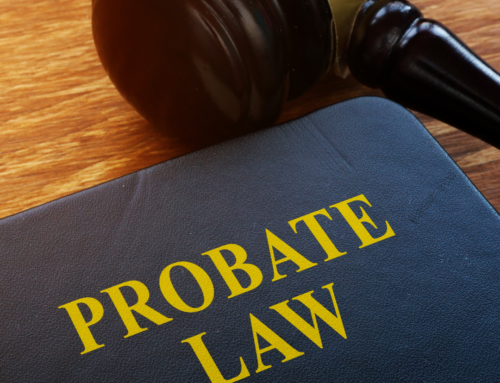Three months after the devastating Thomas Fire and Montecito mudslides, we continue to see questions regarding disaster recovery, especially from business owners. Last month’s Advisor covered insurance issues; this month, I want to focus on other strategies for weathering the aftermath of what has been a tough six months for our community. While insurance is important – for Montecito residents alone, almost $422 million in claims have been filed since January 9 – property values have plummeted over $1.3 billion, and Santa Barbara County estimates that this will generate a combined revenue loss of $21 million in property taxes. It is clearer than ever that businesses need to build resilience to survive.
Review Your Business Plan
This goes without saying, but every business needs a business plan. If you made twelve-month cash flow projections and lost out on the first month’s cash flow, take time to figure out how you will meet your financial targets by the end of the year. Share your business plan with your attorney and your CPA, so they can advise on tax planning and strategy. If you dipped into a line of credit during the past few months, talk to your banker about whether you can consolidate debt into a more advantageous loan, and if you are having problems making payments on a lease, educate yourself about your rights and responsibilities before you hit crunch time. If you are worried about meeting payroll but want to keep valued staff in place (remember, we still have low unemployment in Santa Barbara County and good employees are hard to find), consider furloughs or reduced schedules rather than layoffs if you can. Just remember that any reduction in pay could count as an “adverse employment action” under the law, so if you are concerned about potential discrimination or retaliation claims from employees, talk to your attorney.
Special Financing
The Small Business Association has low-interest disaster loans, including Economic Injury Disaster Loans for businesses that have experienced a downturn in business. The deadline to apply for Economic Injury Disaster loans is October 15, 2018, but the process can take time and is not always straightforward. Applicants must register with FEMA first, and can then apply online at https://disasterloan.sba.gov/ela. In addition to SBA loans, there are a number of local nonprofits offering special financing to business owners, including Women’s Economic Ventures, who are offering a quick response loan of up to $10,000.
Property Owners
If you own properties in any of the impacted areas, there are a number of steps you should take now to protect against further loss. First, if you believe the value of your properties has declined since they were last assessed for property tax, consider seeking a reassessment. Property values are likely to decline in impacted areas, and if you bought a property within the past few years, it is worth finding out whether you can lower your property tax bills. If your property was damaged or destroyed, Ordinance 4697, passed by the Santa Barbara County Board of Supervisors, provides property tax relief for owners who have suffered property damage. This ordinance allows you to reduce property tax for any portion of your property that is damaged or destroyed until the property is rebuilt or repaired. Once the property is rebuilt or repaired, the original tax assessment will remain in effect – i.e., there is no increase in the original property tax assessment. An application for relief under Ordinance 4697 must be filed within 12 months, so don’t delay.
If you own rental properties in the affected areas, watch carefully for lease renewal dates. Now is the time to review and revise residential lease agreements. A couple of simple changes can make life easier for you, and your tenants. First, if you do not already require tenants to obtain renters insurance, consider doing so, asking for a flood endorsement if it is available. Second, consider adding language that clearly sets out any responsibility for times when the property must be vacated, through no fault of the landlord. There were so many tenants, and landlords, seeking advice on this issue at the Local Assistance Centers in January because their leases lacked guidance on what to do if a property was in an evacuation zone or had gas and electric service disconnected. Ideally, your lease agreement should serve as a guidebook, so you can refer to that document for answers as various situations arise.
Spend Local
It may seem obvious, but hang on in there! The power of our community is truly inspirational, and there are huge advantages for local businesses as we celebrate the resilience and strength of our neighborhood restaurants, stores, professionals, service providers and manufacturers. According to Civic Economics, for every $100 in consumer spending at a local business, $68 remains in the local economy – and that can only be good for all of us.
DISCLAIMER: This Advisor is one of a series of business, real estate, employment, estate planning and tax bulletins prepared by the attorneys at Fauver, Large, Archbald & Spray, LLP. This Advisor is not exhaustive, nor is it legal advice. You should discuss your particular situation with us or with your own attorney. Our legal representation is only undertaken through a written engagement letter and not by the distribution or use of this Advisor.





